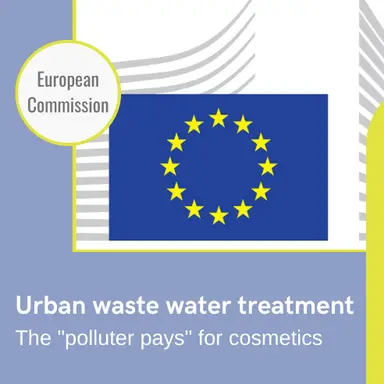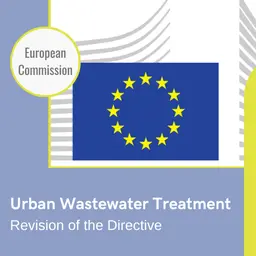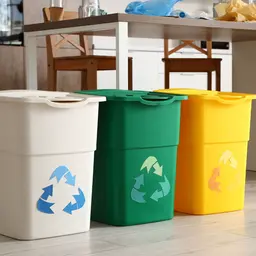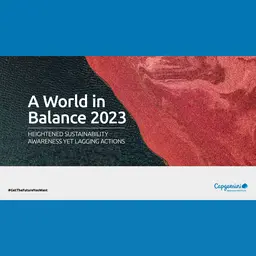
As part of the implementation of the European Green Deal, the Commission is proposing new rules to improve air and water quality, notably through the revision of the urban waste water treatment Directive. With a new provision to bring micropollutants from cosmetic products within the scope of this text, and to make industry pay for their disposal.
According to the European Commission, the stricter rules it proposes on ambient air, surface and groundwater pollutants, and urban wastewater treatment will bring benefits in the areas of health, energy savings, food production, industry and biodiversity.
The Commission is proposing both to strengthen permitted levels of pollutants and to improve implementation so that pollution reduction targets are more often met in practice. This is a significant step towards achieving the “zero pollution” ambition of the Europen Green Deal, which aims to make the environment free of harmful pollution by 2050.
Water treatment: the polluter pays principle applied to cosmetics
The revision of the urban waste water treatment Directive includes obligations to recover nutrients from wastewater, new standards for micropollutants and new monitoring requirements for microplastics.
At present, micropollutants such as residues from pharmaceuticals and cosmetics are not covered by the Directive.
“As 92% toxic micro-pollutants found in EU wastewaters come from pharmaceuticals and cosmetics, a new Extended Producer Responsibility scheme will require producers to pay for the cost of removing them. This is in line with the ‘polluter pays’ principle and it will also incentivise research and innovation into toxic-free products, as well as making financing of wastewater treatment fairer,” …













